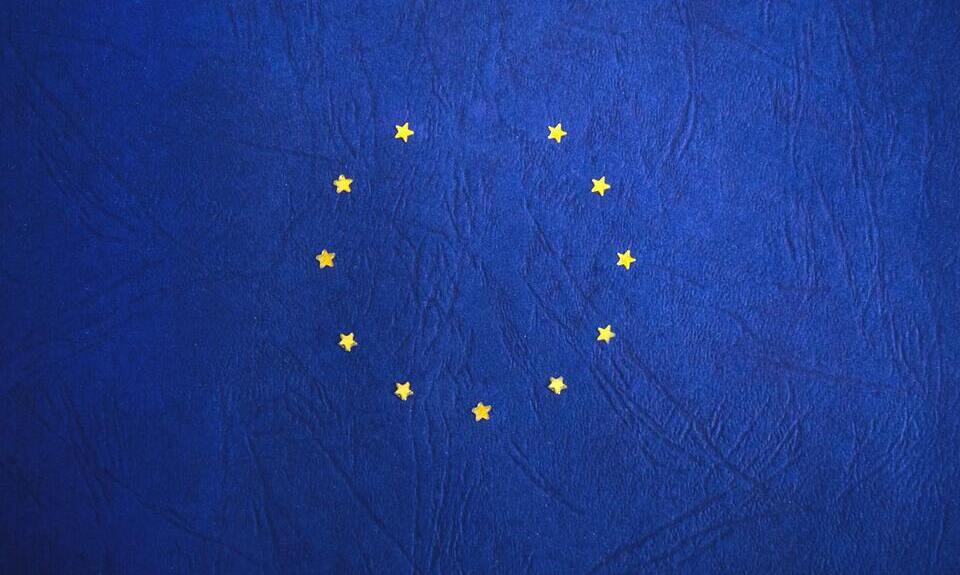Each month, Frédéric Munier, Director of the School of Geopolitics for Business at SKEMA Business School, publishes a column in the magazine Pour l’Éco. In the middle of the summer, he looked at the solidity of the European Union (EU). Since the invasion of Ukraine, the EU has come together in the face of the Russian threat. But is the union of Europe sustainable? Given the rise of populism, there is a danger…
Jean Monnet, the father of Europe, declared that “Europe will be forged in crises, and will be the sum of the solutions adopted for those crises”. It has to be said that history has proved him right. The failure of the EDC (European Defence Community) in 1954 was overcome by the creation of the EEC (European Economic Community) in 1957. The international monetary system crisis of the 1970s led to the creation of the EMS (European Monetary System), and then the euro. In 2005, the failure of the Constitutional Treaty gave birth to a “mini-treaty”, the Treaty of Lisbon (2007), which now steers the destiny of the EU…
A “European power”?
In 2020, Europe was in turmoil, due to the combined effect of crises, sovereign debt, migrants and Brexit. However, the pandemic and then the war in Ukraine have forced European countries to close ranks and coordinate their policies. As an unprecedented consequence of Covid-19, in 2021, for the first time in its history, the EU issued common debt within the framework of its “Next Generation EU” package. To a certain extent, the Covid crisis has reconciled Northern Europe and Southern Europe.
Read also: Does the war in Ukraine accelerate European integration?
Symmetrically, the war in Ukraine has brought Western Europe and Eastern Europe closer together around shared projects: the “RePowerEU” proposal accompanies the end of Russian gas imports by enshrining the idea of a common budget. On a military and strategic level, the war has provoked European rearmament, giving substance to Ursula von der Leyen’s willingness to make the EU a “European power”. Jean Monnet‘s adage seems to be true once again.
Beware of populism
Yet, is it not hasty to celebrate this consolidation of the European Union? After all, the current union owes much to circumstances and a crisis consensus. The political map of Europe has turned upside down in the space of a few years: there are more and more populist and illiberal governments; the far right is in power in Italy, Hungary and Poland. And it is part of coalitions in Latvia, Greece and Finland. The agendas of these different governments are all centrifugal forces for Europe. Ukraine is the best example of this.
As the conflict goes on, the sacred union that has prevailed thus far is crumbling: facing the Baltic States and Poland, which are hard-liners, Hungary and the Czech Republic are clearly less active, while Western Europe is seeking an acceptable way out of the crisis.
In substance, the populist governments are hostile, if not towards European construction, then at least towards its federal nature and its values, in particular the defence of human rights and minorities, and the environmental subject. This groundswell is threatening the cohesion of the European Union and could, if we are not careful, lead to a “European Disunion”.
This article was originally published in French in Pour l’Eco.







